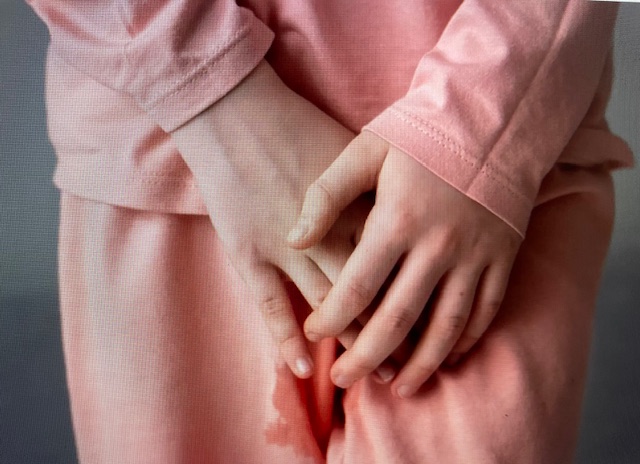.jpg) Around one in three mums get this problem after having babies but many don't want to talk about it – incontinence. Seen as a taboo many suffer in silence when there is, in fact, a lot that can be done to help.
Around one in three mums get this problem after having babies but many don't want to talk about it – incontinence. Seen as a taboo many suffer in silence when there is, in fact, a lot that can be done to help.
The best starting point is a trip to the GP to ask for a referral to your local gynaecological physiotherapist. It is staggering to find how many women think they are doing their Kegel exercises when in fact they are working the wrong muscles – figuring out how to exercise them properly could be the best hospital outpatient appointment you make. If this doesn't work there are gadgets your physio can use to help, including weighted vaginal cones, bio feedback or electrical stimulation treatment.
- If your incontinence only hits when you are doing impact exercise then why not consider using a tampon-like product called Impressa which pushes against your urethra to help stop leaks. For some this is still not enough which is when treatments like botox injections or fillers may be given.
- For stress incontinence a medication called duloxetine can be prescribed to increase the muscle tone of the urethra while for urge incontinence a range of medications known as antimuscarinics can help control an over active bladder.
- Imipramine can help treat mixed problems of both urge and stress incontinence.
- For anybody suffering night-time incontinence then a medication called desmopressin can help the kidneys to produce less urine during the night to ease the problem.
- As a last resort there is a surgical option which uses a mesh bladder sling known as the TVT or TVTO which inserts a piece of polypropylene plastic tape to support the urethra.
Around 13,000 women a year are given this treatment option on the NHS but it is a procedure that is of growing concern in the medical world for its complication risks of chronic leg pain, losing sex life, water infections and difficulty to urinate afterwards. Some women are left needing to catherterise for life. Others develop allergic reactions to the plastic and there are risks of organs being perforated during insertion.
Support groups such as Sling The Mesh, TVT Mums, TVT Info and Scottish Mesh Survivors have set up online with useful information about this procedure, so it is advisable to research risks before agreeing to go under the knife.
If surgery is the only fix then why not consider a more traditional option – one is called an autologous sling, which uses the body's own natural tissue to make a sling to support the urethra or the other is called a Birch colposupsension, in crude terms a hitch and stitch.
For anybody not sure whether they want to see their GP then a good starting point may be a call to the Bladder and Bowel Foundation Helpline which gives both men and women advice on incontinence: 0845 345 0165
There are many options, so instead of suffering seek help – but if opting for medication or surgery then make sure you do your research before agreeing.

